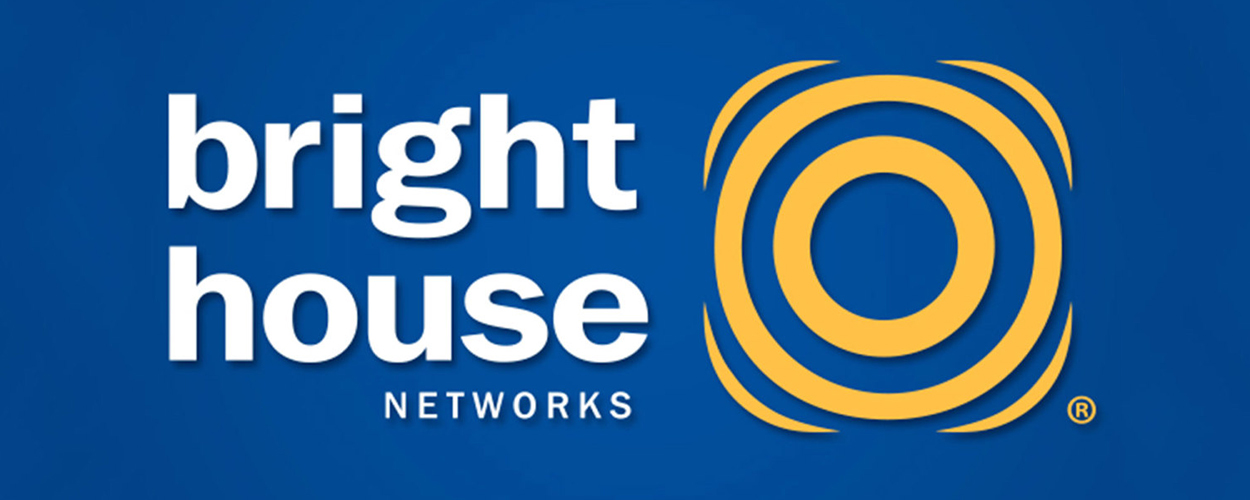This website uses cookies so that we can provide you with the best user experience possible. Cookie information is stored in your browser and performs functions such as recognising you when you return to our website and helping our team to understand which sections of the website you find most interesting and useful.
Business News Digital Labels & Publishers Legal
Latest majors v ISP copyright case heading to trial next week
By Chris Cooke | Published on Friday 29 July 2022

One of the big old copyright infringement lawsuits being pursued by the music industry against an American internet service provider will get properly to court next week, with the music companies hoping that the recent trend of juries finding in their favour in disputes of this kind continues. But before that trial can get underway, the judge overseeing the case had to rule on various requests made by both sides regarding what statements can be made in court.
The ISP being targeted here is actually a former ISP, it being Bright House Networks, which is now part of Charter Communications, which has been separately sued by the music industry. In both cases, the ISPs are accused of not doing enough to deal with copyright infringement and copyright infringers on their networks – in particular failing to target and ultimately disconnect repeat infringers.
In fact, the argument goes, so slack were the ISPs in dealing with infringement and infringers, they don’t qualify for protection under the copyright safe harbour, which would otherwise prevent them from being held liable for any infringement actually undertaken by their customers. And without safe harbour protection, the internet companies can be held liable for that infringement, and therefore be ordered to pay mega-bucks damages.
The precedent here is the lawsuits pursued against another US ISP – Cox Communications – firstly by BMG and then the majors. In those cases it was shown that Cox only paid lip service to the repeat infringer policies it was obliged to employ in order to qualify for safe harbour protection. As a result, it lost that protection and was therefore liable for its customers’ infringement. And, with the major label litigation, liable to the tune of a billion dollars.
Given the size of the damages in the Cox case, the other ISPs targeted by lawsuits of this kind have been trying very hard to fight back, including by criticising the anti-piracy operations of the record companies and their agents. Although, in the Bright House dispute, a counterclaim from the ISP accusing the labels of issuing copyright notices relating to music they didn’t actually own was dismissed at the end of 2020.
In terms of the recent requests regarding what statements can be made during the upcoming trial, both the labels and the ISP wanted the judge to stop the other side from bringing certain things up in front of the jury. According to Torrentfreak, the judge has now ruled on those requests, making some decisions in favour of Bright House, and some in favour of the majors.
For example, the labels didn’t want Bright House to be able to argue in court that disconnecting customers who repeatedly infringe copyright is both disproportionate and a violation of each affected customer’s human right to internet access.
On that point, the judge ruled that Bright House will be able to discuss whether or not disconnecting infringing customers is a proportionate measure when it comes to combatting piracy, however they will not be able to bring up the human rights arguments.
The labels also didn’t want Bright House to discuss the Copyright Alert System that the music industry ran with certain US internet companies between 2013 and 2017.
That was a voluntary programme that involved participating ISPs sending warning letters to customers who accessed piracy services. However, it didn’t include any commitment to disconnect customers who ignored those warnings.
Bright House wants to argue that because that industry sanctioned scheme did not include disconnections, it’s unfair to say it should have been disconnecting repeat infringers.
The labels objected to Bright House – which didn’t take part in the CAS programme – making that argument in court, reckoning that what was agreed in a voluntary industry initiative is irrelevant when it comes to assessing the liabilities of the ISP under US copyright law. However, the judge ruled that the CAS programme can be discussed before the jury.
In terms of a decision that mainly went in the favour of the labels, Bright House also wanted to be able to bring up aggrieved artists who have complained about their deals with the majors and what royalties they see when their music is used.
The judge said that the ISP can’t bring up artist complaints of that kind, unless the majors in turn argue that they are suing the net firm for the good of the artist community.
With those decisions made, the majors v Bright House trial can get underway. It will be very interesting to see if we get another Cox Communications style victory for the music industry.





